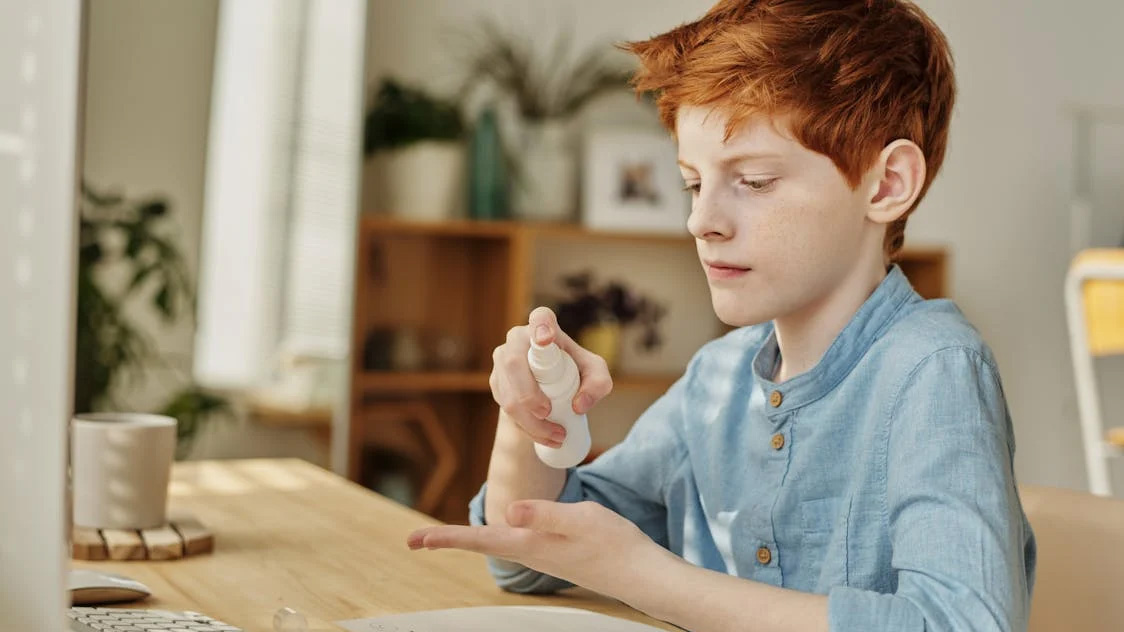The COPSY study (COVID-19 and Psychological Health)

Start date
January 2023
End date
December 2025
Participants
Over 1500 children and adolescents aged 7 to 17 years in Germany along with their parents
Main goal
How the COVID-19 pandemic has affected the mental health and well-being of children and teenagers in Germany
Summary
The COPSY study examined how the COVID-19 pandemic affected the mental health and quality of life of children and adolescents in Germany. Between May and June 2020, over 1,000 children and teens, along with their parents, participated in an online survey. The study found that most children felt stressed by social restrictions and struggled with school. Mental health problems, such as anxiety, irritability, and sleep issues, increased during the pandemic, while quality of life dropped significantly. Children from disadvantaged backgrounds were especially affected. However, those with strong family support and a positive outlook were better able to cope. The study emphasizes the need for targeted mental health services to support children and teens during crises.
Person responsible for the project: Prof. Dr. Ulrike Ravens-Sieberer (ravens-sieberer@uke.de)
What do we want to achieve?
1
Understanding how the COVID-19 pandemic has affected the mental health of children and teens.
2
Finding out which specific problems, like social isolation or school changes, made things harder for young people during the pandemic.
3
Discovering what helped some children and teenagers cope better, such as family support or positive attitudes.
4
Using the findings to offer suggestions and strategies for supporting children’s mental health during the pandemic and in future crises.
5
Highlighting the need for better mental health resources and support systems for children and adolescents in tough situations.
Results
Worsening Mental Health
The number of children experiencing mental health problems, like anxiety and depression, rose from 18% before the pandemic to 30% during it.
Decline in Quality of Life
The number of children with a low quality of life went up from 15% before the pandemic to 40%, showing how much the crisis hurt their well-being.
More Physical Complaints
Symptoms like irritability, headaches, sleep problems, and stomach aches became more common during the pandemic.
Affected Groups
Children from disadvantaged families, such as those with low parental education or cramped living spaces, were affected more severely, with higher levels of stress, anxiety, and depression.
Coping Factor
Kids who stayed optimistic and spent time with their families had a better quality of life and coped better with the pandemic’s challenges.
Keywords
#COVID-19, #Mental health, #Quality of life, #Anxiety, #Depression, #Children, #Adolescents
Our partners
University Medical Center Hamburg Eppendorf — Center for Psychosocial Medicine — Department of Child and Adolescent Psychiatry, Psychotherapy and Psychosomatics—Research Division “Child Public Health”
Progress I.Family


 English
English  Deutsch
Deutsch 